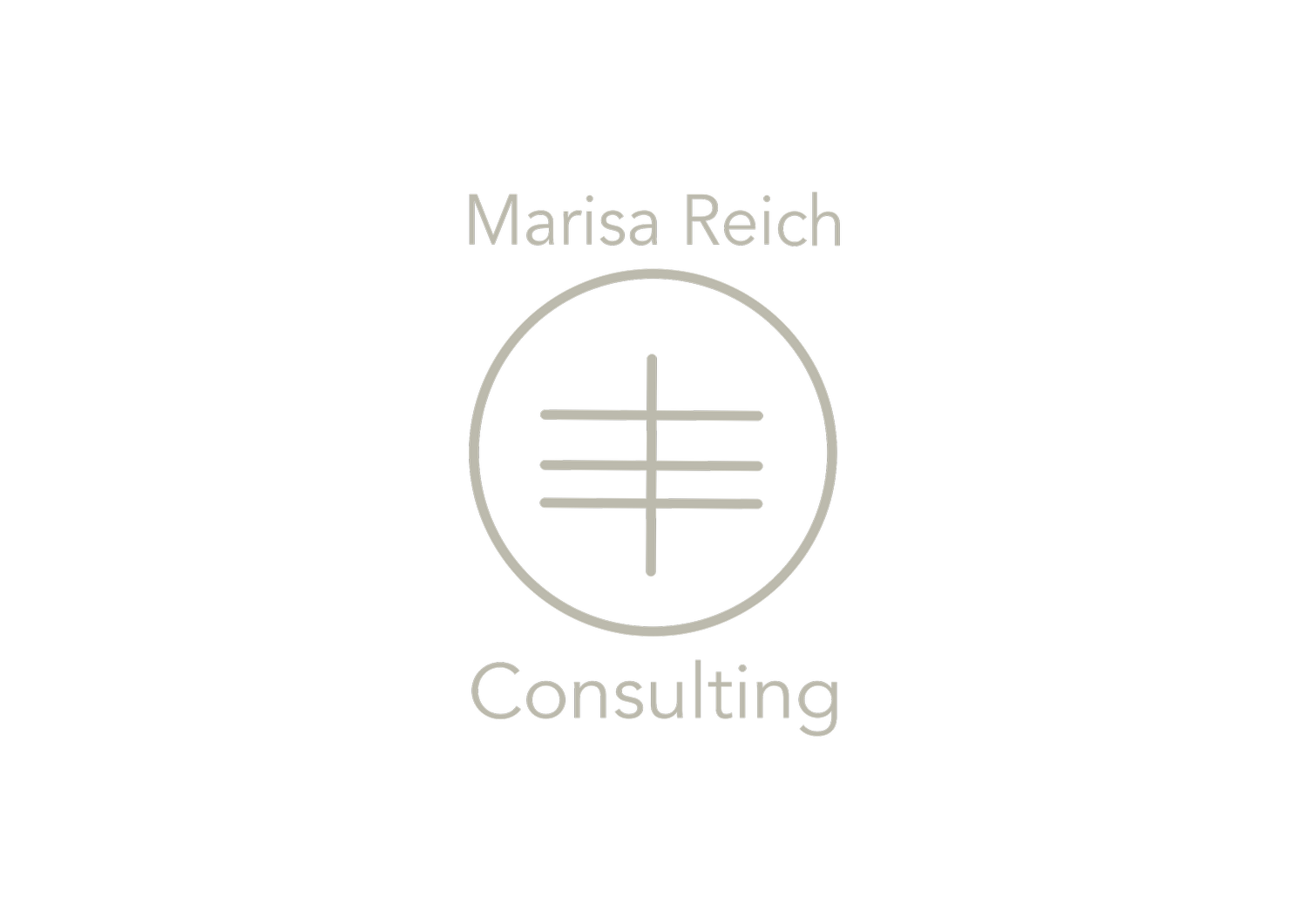#ChallengeAccepted - a visual eye-opener and a reason to push equity efforts around the world
#ChallengeAccepted to bring attention to Femicides
Femicide is an intentional killing of a woman by an intimate partner, ex-partner, relative or family member.
Last week I was in the midst of a strategy session with a colleague, when we witnessed a man verbally harassing and assaulting a woman in the street. The two were apparently a couple. We could only guess what he was loudly, aggressively and intimidatingly upset about. My first reaction to such incidents - besides being prepared to jump in at any time - is to take out the phone and record. All for one reason: to have evidence to file a report and to be able to help the victim later, if necessary.
Too often no evidence is available and women are afraid to testify, because their testimony stands against that of their partner or the assailant.
During this last week, when I was witness to this incident, I was also witness, as were most of us, to a movement that was taking place online. Millions of black and white pictures of women (and men) were posted on Instagram and other social networks. Being aware of the reason behind this social media trend, I couldn’t help but think about the woman in the situation just described; What would happen to her when they get back home? Will she get beaten, hurt or even worse?
87.000
That's the number of femicide cases the United Nations recorded for 2017. Femicide is an intentional killing of a woman by an intimate partner, ex-partner, relative or family member. Almost 35% of these women were killed by their intimate partner - on purpose, with full intentional. Women are often put under pressure to remain in a threatening relationship due to inequalities such as financial dependence, social and family pressures or due to fear, social isolation, low self-esteem or control by the predator (Lacanaria & David, 2018). The World Health Organization (WHO) reports that there are over 1.3 million deaths worldwide annually as a result of all forms of violence, corresponding to 2.5% of the global mortality. Yet, the data about homicides is vague, as a majority of countries do not have qualitative data on homicides available. This was one of the reasons behind the #ChallengeAccepted movement on Instagram, which originated, in this case, in Turkey.
Social problem with complex implications
Domestic violence, often conceived as an individual problem in the private domain, suffered in silence and behind closed doors, is now not only recognised as a serious crime but also a social problem with complex implications (Dobash, Dobash, Cavanagh, & Lewis, 2004)
The so-called intimate partner violence (IPV) occurs mainly at home and puts the victims at high risk, as women often remain in the relationship despite being abused. This violence against women can also result in intimate partner homicide (IPH) and 14% of all homicides are connected to their partners or ex partners.
The UN Sustainable Development Goal #5 calls for achieving gender equality and empowering all women and girls. The numbers show, that we need to act fast in order to reduce violence towards women and to make people aware of biases. But as of today, we are still far from achieving the UN goal, just look what 2020 revealed so far.
A step towards a remedy: Increase efforts in diversity and inclusion
"Education is a vaccine for violence" - Edward James Olmos
Exactly this. Education about underlying issues, biases, inequalities, power structures and disadvantages for women is utterly important to reduce the amount of victims on all fronts of violence and violent language. And this education has to start in places, where most time and human exchange is spent and done - i.e. at work, where we spent around one third of our life. It must therefore becomes a major topic for workplace culture.
In a more diverse and inclusive culture, people become more of ‘world citizens’ as they are more frequently exposed to people, cultures, traditions, and practices that are unlike their own. People learn skills to communicate and interact with communities and concepts that are unfamiliar to them and gain a more worldly view. This then leads to an enhancement of the individual’s social development, and increases their understanding of the world and respect for each other.
Promoting diversity and inclusion is not just 'tolerance' but true acceptance. People are different, yet with the exposure to varied people and perspectives, acceptance is facilitated, and misconceptions and prejudices that fuel discrimination as well as violence are diminished.
Improved work situations will lead to empowered women
Workplace violence is any act or threat of physical violence, harassment, intimidation and verbal abuse, or other threatening disruptive behavior that occurs at the work site. It ranges from threats and verbal abuse to physical assaults and even homicide.
These forms of violence and discrimination are still often not talked about and victims fear disadvantages or punishments from companies or their predators.
Women’s effective control over resources matters not only for their own dignity and rights, but also as the balance of power within their intimate and family relationships. Yet its effectiveness in leveraging a shift in intra-household power dynamics is contingent on a number of factors, including the nature of paid work, the regularity of the income and the norms defining the rules for resource distribution within the household. Persistent gender pay gaps and ‘motherhood penalties’ continue to drag the incomes of women down - and the dependence on men increases.
So what?
Femicide is a devastating problem of a much larger underlying issue of social injustice, disrespect, bias and violence and needs to be tackled on various levels. Education and training of society is one big part of the solution. Next to the importance of addressing diversity and inclusion in primary and secondary education systems, the workplace remains one of the largest sectors to drive cultural re-shaping. Responsibility and commitment from companies is needed to create equity and a safe place for women around the world.
We all need to work towards change and an inclusive, diverse and equitable future. It starts with our own behaviour, our own actions and how we role-model our own surrounding.
As Psychologist Nathaniel Branden said, “The first step toward change is awareness. The second step is acceptance.”
If we don't know that there's a problem, no one will ever try to find a solution or look for a remedy. People can think of any challenge or campaign what they want, yet, we all hope, that it starts discussions, conversations and exchange to start thinking and accepting that change in society is urgently needed.
As US Congresswoman Alexandria Ocasio-Cortez put it, in her response to the verbal harassment of Rep. Ted Yoho: "Having a daughter does not make a man decent. Having a wife does not make a decent man. Treating people with dignity and respect makes a decent man." Maybe we should remind ourselves more often of that and live by that standard.
Let's all work together and find inspiration in yet another development from this eventful last week; the brilliant new Nike advertisement. As Nike put it right: You can't stop us.
Further sources:
Dobash, R. E., Dobash, R. P., Cavanagh, K., & Lewis, R. (2004). Not an Ordinary Killer; Just an Ordinary Guy: When Male Murder an Intimate Female Partner.
Lacanaria, M., & David, J. (2018). A Reason To Kill: Case Study on Mariticide. Journal on Nursing, 8(1), 42–56.
European Commission. (2018c). The gender pay gap in the European Union.
European Commission. (2018d). Pension Adequa-cy Report 2018. Current and Future Income Adequacy in Old Age in the EU.
I share my take on news stories about women's sport and women in sports, my opinion and favourite content to raise awareness on how we can create a more diverse and inclusive culture in the sports industry and to ultimately achieve equity across the business.




